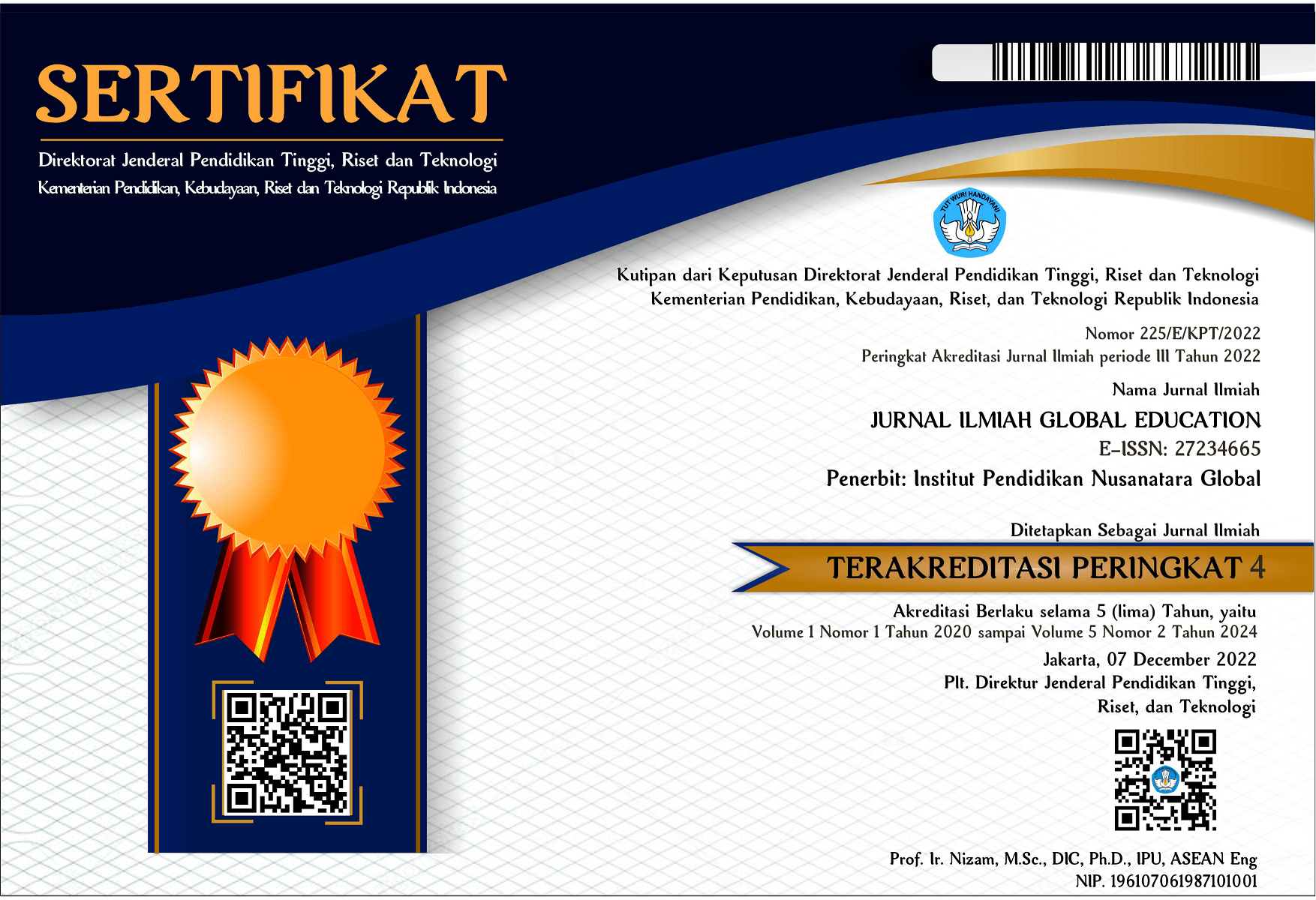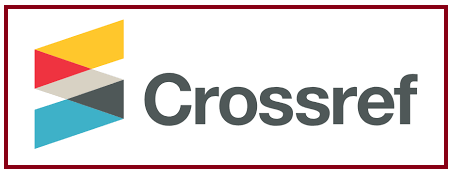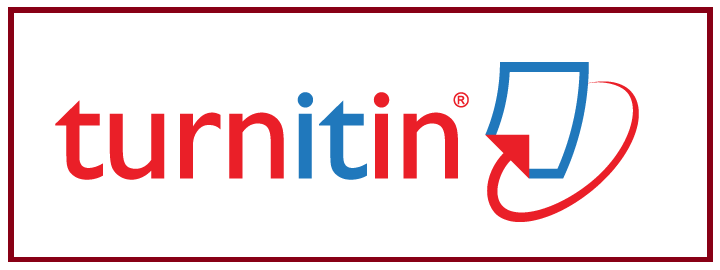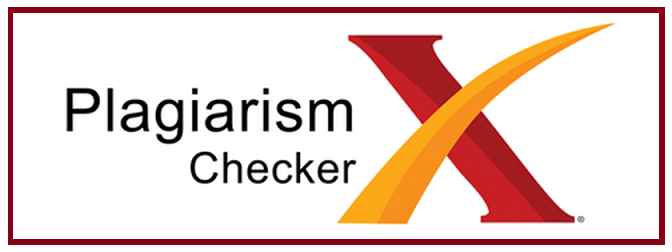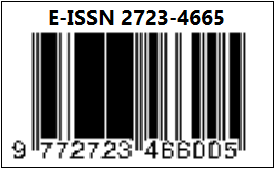Analisis Implementasi Monitoring dan Evaluasi dalam Pencegahan Korupsi di Pemerintah Kota Kupang
DOI:
https://doi.org/10.55681/jige.v5i2.2685Keywords:
Corruption Prevention, Monitoring and Evaluation, Kupang City Government, Corruption Eradication CommissionAbstract
Corruption is a serious issue that negatively impacts development and public trust in government. This study aims to analyze the implementation of monitoring and evaluation in corruption prevention in the Kupang City Government over the 2021-2023 period. The method used is a descriptive qualitative approach, with data collection through in-depth interviews, document analysis, and observation. The results of the study indicate that the Monitoring Center for Prevention (MCP) score of the Kupang City Government fluctuated during the study period, with a decline in 2022 and a significant increase in 2023. Factors affecting the effectiveness of corruption prevention include internal management, technological infrastructure, government regulations, and external partnerships. Although there have been some improvements, major challenges include budget and human resource constraints, a lack of employee understanding of the importance of monitoring and evaluation, and resistance to organizational culture change. The study recommends increasing budget allocation and human resources, intensive training for employees, cultural change toward transparency and accountability, and strengthening partnerships with external institutions. Furthermore, routine evaluation and continuous improvement should be implemented to ensure the effectiveness of corruption prevention in the future.
Downloads
References
Decentralization Support Facility. (2011). Kerangka Monitoring dan Evaluasi (M&E) Pengelolaan Batas Wilayah Negara dan Kawasan Perbatasan.
Hartanti, E. (2005). Tindak Pidana Korupsi. Jakarta: Sinar Grafika.
Keputusan Pimpinan Komisi Pemberantasan Korupsi Nomor 01 Tahun 2021 tentang Direktorat Koordinasi dan Supervisi Wilayah Komisi Pemberantasan Korupsi;
Keputusan Walikota Kupang Nomor 43.A/KEP/HK/2023 Tentang Satuan Tugas Pelaksana Rencana Aksi Program Pencegahan Korupsi Pemerintah Kota Kupang Tahun 2023.
Peraturan Komisi Pemberantasan Korupsi Nomor 07 Tahun 2020 tentang Organisasi dan Tata Kerja Komisi Pemberantasan Korupsi.
Peraturan Presiden Nomor 54 Tahun 2018 tentang Strategi Nasional Pencegahan Korupsi.
Perjanjian Kerja Sama antara Deputi Bidang Koordinasi dan Supervisi KPK dengan Inspektur Jenderal Kemendagri dan Deputi Bidang Pengawasan Penyelenggaraan Keuangan Daerah BPKP Nomor: 64 Tahun 2023; Nomor: 700.1.2.4/562/IJ; dan Nomor: HK.02/PRJ-5/D3/01/2023 tentang Pengelolaan Bersama Monitoring Center for Prevention (MCP).
Suryani, I. (2013). Penanaman nilai anti korupsi di perguruan tinggi sebagai upaya preventif pencegahan korupsi. Jurnal Visi Komunikasi, 12(2).
Undang-Undang Nomor 19 Tahun 2019 tentang Perubahan Kedua atas Undang-Undang Nomor 30 Tahun 2002 tentang Komisi Pemberantasan Tindak Pidana Korupsi.
Undang-Undang Nomor 31 Tahun 1999 tentang Pemberantasan Tindak Pidana Korupsi sebagaimana telah diubah dengan Undang-Undang Nomor 20 Tahun 2001 tentang Perubahan atas Undang-Undang Nomor 31 Tahun 1999 tentang Pemberantasan Tindak Pidana Korupsi.
United Nations Development Programme. (2002). Handbook on Monitoring and Evaluating for Results. New York : Evaluation Office UNDP.
Wijayanti, Anis & Kasim, Azhar. (2022). Implementasi Strategi Nasional Pencegahan Korupsi di Indonesia: Perspektif Collaborative Governance. INTEGRITAS: Jurnal Antikorupsi, 7 (2), 291-310 .
Downloads
Published
How to Cite
Issue
Section
License
Copyright (c) 2024 Andrianus Pattimau

This work is licensed under a Creative Commons Attribution-ShareAlike 4.0 International License.


